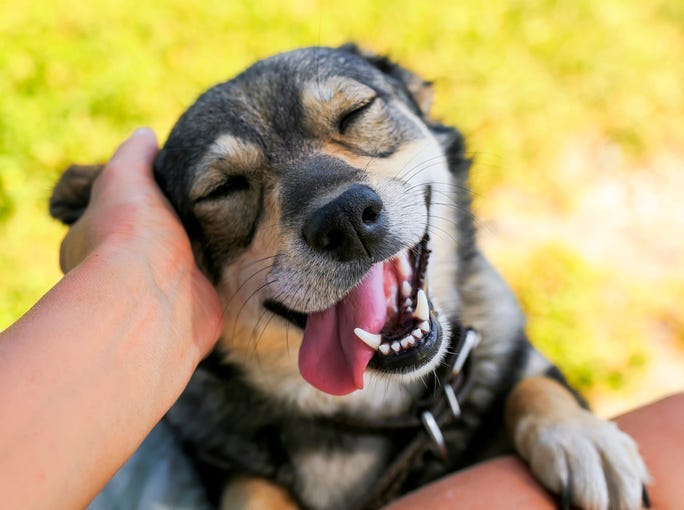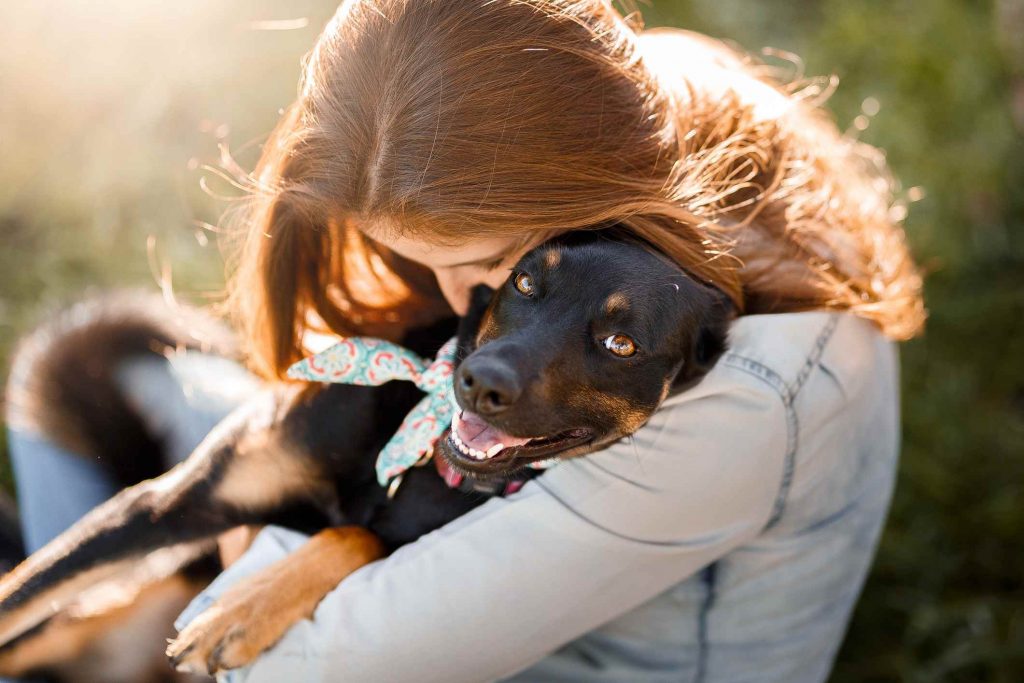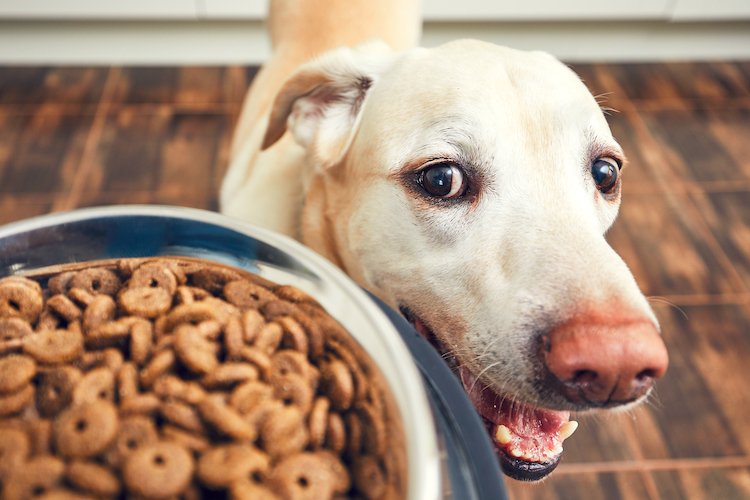Learning of puppy adoption basics
Shelters are always flooded with puppy adoption requests, so we thought it would be interesting to focus on puppy adoption basics. Truth is, puppyhood is not the easiest of times when dealing with a dog at home – don’t be fooled by cute faces and wagging tails! Similarly, there are many parameters to take into account to ensure a healthy future for any young furry friend you plan on adopting. Consequently, here’s a shortlist of questions you should keep in mind before committing.

Puppy Adoption Healthy Signs
Puppies are highly vulnerable beings, especially in Lebanon where deadly viruses such as parvovirus are present and highly contagious. If you find a puppy to adopt, look for the right signs during the adoption basics: Do they look healthy? Are they energetic? Are they at the proper weight for their age? Do they have any nasal or eye discharge showing? Does their coat look healthy? Consequently, try to put aside the excitement of adopting a puppy and think with a cool head, as this may prevent difficult times ahead.
Ideally, also try to look at the parents if they’re available. If the parents are not of the same breed, it can give you an idea of what your puppy may look like as an adult, so that there aren’t any surprises in terms of size.
No matter where you are adopting your dog from, you should always follow this checklist:
- Recent health check as evidenced by a veterinarian
- Proof of vaccines they have received (if any)
- Proof that they received deworming medications (if applicable)
- Check for microchip

Asking About a Puppy’s History
When you are thinking of adopting a dog, it’s important to know as much about as possible about his history. A puppy’s personality starts getting shaped from the moment they were born, and the first 8 to 12 weeks are critical. Did the puppy spend them with his mother? Did he engage in play with his siblings? Was he bottle-fed for some reason? Questions may include asking about any medical conditions you should be aware of, more about the dog breeders you got them from, and more. Moreover, knowing this information is not only to help you better understand your new pup, but it can help you create the best home possible for them going forward.
Therefore, you may not know everything about the dog’s past when adopting it, even as a puppy, but you can certainly get peace of mind by asking a few questions.
- First, where were they found? Was it astray? If so, where and how?
- Second, how long have they been at the shelter?
- Third, are they anxious? Friendly? Shy? Aggressive?
- Fourth, have they been around other pets? If so, how did they act?

Puppy Adoption Assessing Personality
Truth is, the dog’s personality is very important. You should understand it well by the time you welcome him into your family. Consequently, this is essential for keeping your household safe, but also for offering your new family member comfort as well. Moreover, you should be aware of triggers the dog might have, how well they socialize with other pets, other humans if they experience anxiety or separation anxiety, or stress in any situation, and any other useful information about their temperament.
Therefore, before committing, involve members of your household, even children (if you have any). If you have other pets, find out if you are allowed to bring them to socialize. It is critical that your puppy meet and bond with each member of your family. You want your puppy to thrive in your household, which involves getting along with any other pets you may have as well as children if any. Finding a puppy that matches their personality is advantageous because not every puppy’s personality will be compatible with them. Allow children beyond the age of 5 to participate in the exercises, and inquire as to whether other pets will be able to meet your preferred candidates.
Puppy Adoption Feeding Habits
Once you get a puppy, one thing is for sure – you’ll be overwhelmed as to what food brand to get. Besides, for a new pet parent, the hundreds of brands available and the wide array of prices can represent quite a maze. Should it be wet food? Dry food? A mix of both or going for human-grade food that should be stored in a freezer?
Moreover, you’ll want to discuss the diet with your vet, but keep in mind that even vet advice can be biased because of sales commissions. To keep things simple, look at the packaging’s ingredients and eliminate any brand that does not use a meat product as the first ingredient. For example, (chicken, beef, salmon, turkey, etc.). Not only but also make sure the protein content is high and the formula works for an active puppy. We’ve listed great brands found in Lebanon here, which surely have puppy formulas. Moreover, a puppy should eat three times a day and progressively switch to one meal a day, at about the one-year mark. As well as, it’s always better to stick to puppy food for the first year at least and ask the veterinarian when to switch to adult formulas.

Nevertheless and finally, remember a dog’s life is much, much shorter than the average human’s life. It goes by quickly, so be your pup’s BFF and show your love every single day!










Leave a Reply